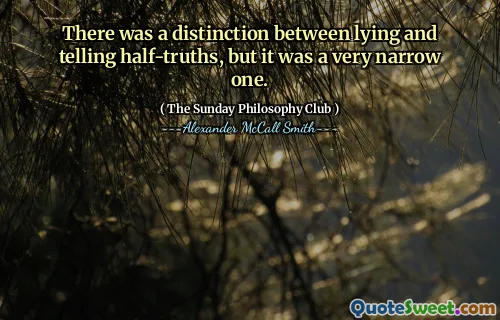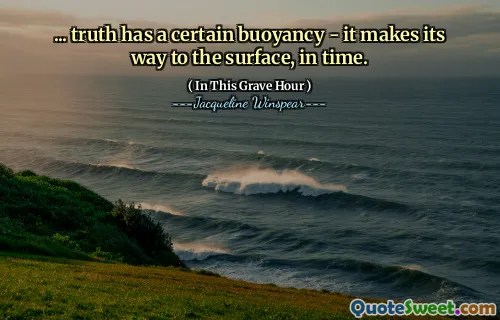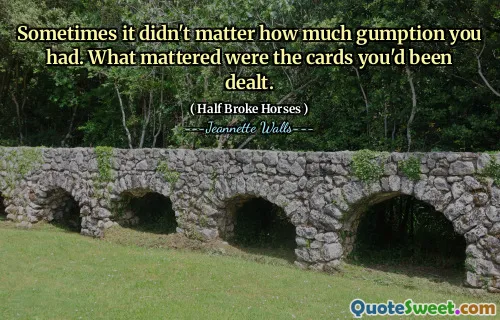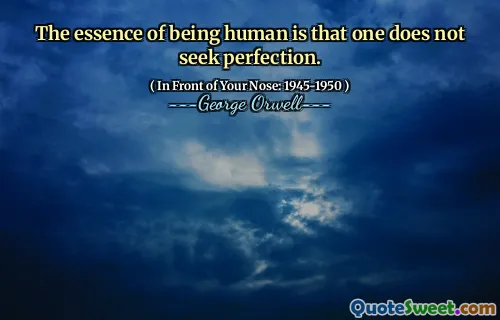Oedipa wondered whether, at the end of this {if it were supposed to end}, she too might not be left with only compiled memories of clues, announcements, intimations, but never the central truth itself, which must somehow each time be too bright for her memory to hold; which must always blaze out, destroying its own message irreversibly, leaving an overexposed blank when the ordinary world came back.
In "The Crying of Lot 49," Oedipa reflects on the nature of truth and memory, contemplating whether her journey will ultimately leave her with mere fragments of understanding rather than a comprehensive reality. She fears that the essential truth she seeks may be so dazzling that it escapes her grasp, resulting in only an array of memories that fail to convey the underlying meaning. This evokes a sense of futility in her quest for knowledge, as the clarity she desires seems perpetually out of reach.
Oedipa's existential musings highlight the struggle between the intricate clues she encounters and the elusive nature of true understanding. The suggestion that powerful revelations might obliterate their own significance reinforces the idea that some truths may be too overwhelming or complex to be fully comprehended. As she navigates her reality, Oedipa grapples with the paradox of searching for clarity in a chaotic world, ultimately confronting the limits of human perception and memory.





